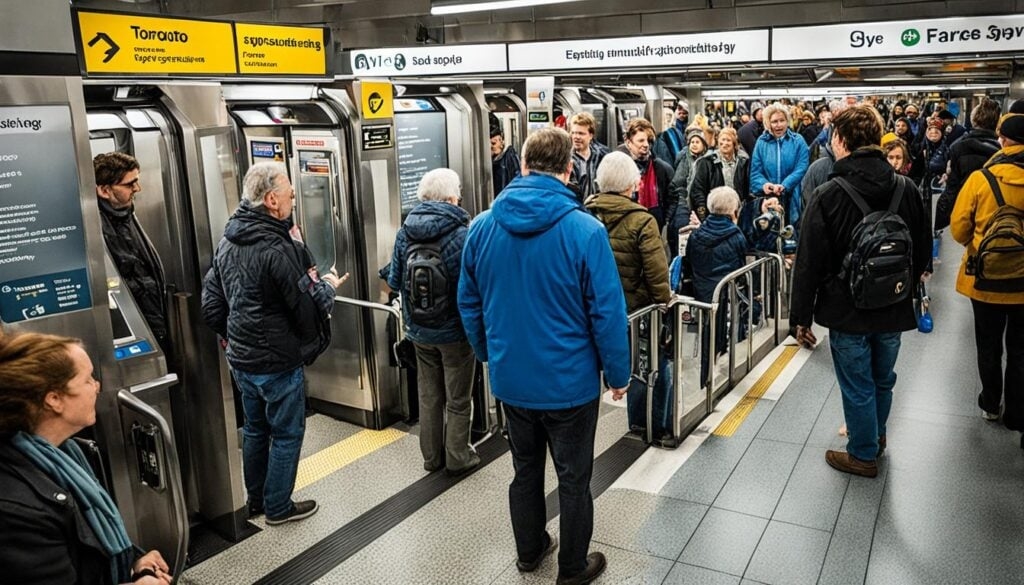Navigating Delays on Toronto’s Public Transit
Toronto’s public transit system, primarily operated by the Toronto Transit Commission (TTC), is a vital part of daily life for many residents and visitors. However, like any large urban transit system, it can experience delays. Whether you’re a daily commuter or a visitor trying to explore the city, knowing how to handle these delays can make your journey smoother and less stressful.
Stay Informed
The first step in managing transit delays is staying informed. The TTC provides real-time updates through various channels:
- TTC Website and App: The official TTC website and app offer real-time service alerts and updates. Download the app to receive notifications about delays, route changes, and other important information directly on your smartphone.
- Social Media: Follow the TTC on social media platforms like Twitter for the latest updates. They often post real-time information about service disruptions and expected resolution times.
- Text Alerts: Sign up for text alerts if you prefer receiving updates via SMS. This service can be particularly useful if you’re on the go and don’t have access to the internet.
By staying informed, you can make timely decisions about your travel plans, such as choosing an alternative route or mode of transportation.
Plan Alternative Routes
When delays occur, having a backup plan can save you time and frustration. Here are some tips for planning alternative routes:
- Know Your Options: Familiarize yourself with the different transit lines and routes available. Toronto’s transit system includes buses, streetcars, and subways, and knowing how they interconnect can help you find alternative paths to your destination.
- Use Transit Apps: Apps like Google Maps, Transit, and Moovit can provide real-time transit information and suggest alternative routes. These apps can be particularly helpful in identifying less crowded or faster options during delays.
- Consider Other Modes of Transport: If the delay is significant, consider using other modes of transportation such as biking, walking, or ride-sharing services like Uber or Lyft. Toronto has a bike-sharing program, Bike Share Toronto, which can be a convenient option for short distances.
By planning ahead and knowing your options, you can minimize the impact of transit delays on your schedule.
Manage Your Time Wisely
Delays can disrupt your schedule, but managing your time wisely can help mitigate the inconvenience:
- Leave Early: If you know that delays are common during certain times or on specific routes, try to leave earlier than usual. This buffer time can help you reach your destination on time, even if there are unexpected delays.
- Use Wait Time Productively: If you find yourself waiting due to a delay, use the time productively. Catch up on emails, read a book, or listen to a podcast. Having something to do can make the wait feel shorter and less frustrating.
- Stay Calm and Patient: Delays can be stressful, but staying calm and patient can help you handle the situation better. Remember that transit staff are working to resolve the issue as quickly as possible, and getting upset won’t speed up the process.
By managing your time effectively, you can reduce the stress associated with transit delays and make the most of your day.
